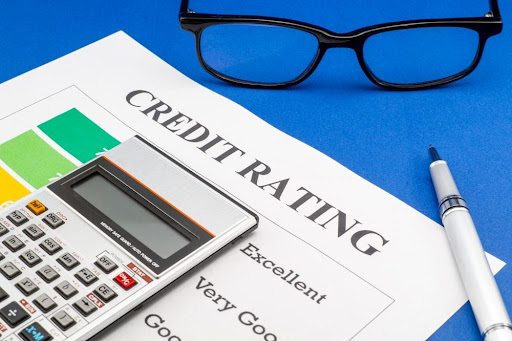
Although the nation’s average credit score soared to new peaks, Georgia has some of the lowest scores in the country. According to the latest consumer data from Experian, the average person living in Georgia sports a score of 689, placing them fifth lowest in the nation.
While 689 falls under good or prime credit according to the FICO scoring model, plenty of people fall well below this average. People who reside in Forest Park, College Park, or Riverdale have subprime scores in the 500s.
So, what does it mean if you’re among the people who score below prime? Read on to find out.
What is Bad Credit?
The Fair Isaac Corporation (FICO) is the oldest, most popular scoring model used by financial institutions— from the biggest banks to the smallest online direct lenders.
The FICO model organizes scores into five ratings: excellent, very good, good, fair, and very poor.
These ratings give banks and online direct lenders insight into your past borrowing habits. If you have an excellent score, for example, your history shows you pay your bills on time and handle your debts responsibly.
Bad credit encompasses any score that falls between 669 and 300, including the fair and very poor ratings. It tells financial institutions that you’ve struggled to hit due dates in the past and may rely on a credit card or line of credit too often.
What Does Fair and Very Poor Ratings Tell Lenders?
Lenders bet on their borrowers’ ability to repay what they owe on time any time they lend money. They use your credit score to help them assess this risk.
A very poor rating doesn’t shore up your application like an excellent rating would. Some lenders may even deny you funds if your score falls too low.
But does that mean you can’t borrow money when you have a subprime score? Some financial institutions may have different qualifying requirements that allow people with subprime scores to apply. If you visit MoneyKey to learn about installment loans and lines of credit, you’ll find out that some online direct lenders take a holistic look at your finances to assess risk.
These online direct lenders may look at your employment history, income, pay schedule, and even your current debt load to help them decide to lend money to people with subprime scores.
Although some online direct lenders may offer lines of credit and installment loans for bad credit, they may still apply higher rates and fees due to your low score. As a result, it’s always best to hold off borrowing an installment loan online until you can bump your score into the good, very good, or excellent ratings.
How to Improve Your Score
FICO produces scores by assessing five financial factors:
- Payment history
- Credit utilization
- Length of history
- New account
- Account mix
In practice, this means paying bills on time, reducing your balances on credit cards, and limiting how often you open or close accounts.
Time is an unofficial factor. A bad entry in your history will stay there for several years. Depending on what else is in your file, it could cap your score from rising past a certain category until it expires.
Until then, work on starting good money management habits. Paying your bills on time and reducing how often you carry over a balance can help you lift yourself out of a subprime rating.

